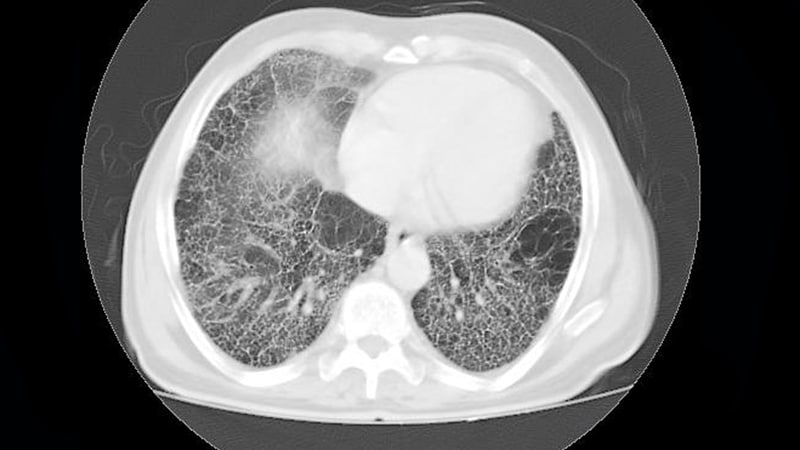Researchers at the University of Minnesota found that non-invasive brain stimulation can change brain mechanisms related to human behavior, potentially leading to new therapies for brain disorders. Published in Nature Communications, the study used transcranial alternating current stimulation to modulate brain activity, showing neural phase precession where brain activity gradually changes over time due to external stimulation. This discovery could improve treatments for psychiatric and neurological disorders by targeting specific brain functions affecting behavior, memory, and learning. The research team included Miles Wischnewski, Harry Tran, and others, with support from NIH, Behavior and Brain Research Foundation, and University of Minnesota initiatives.
Source link
Non-invasive brain stimulation can change specific brain mechanism linked to human behavior










